



The Emergence and Evolution of Internet Jargon The internet has revolutionized the way we communicate with each other. It has changed the way we think, connects, and express ourselves. One of the most fascinating aspects of this digital revolution is the emergence of internet jargon or slang, which has become a part of our everyday vocabulary. From acronyms like LOL and BRB to new phrases like “on fleek” and “bae,” internet jargon has evolved significantly over the years.
In the early days of the Internet, when people communicated through chat rooms and instant messaging services, the language used was very basic. The internet was a new and exciting tool, and users were focused on communicating as quickly and efficiently as possible. Terms like “BRB” (Be Right Back), “AFK” (Away From Keyboard), and “LOL” (Laugh Out Loud) were some of the earliest examples of internet jargon. These terms were created as a way to save time and space while typing, and they quickly became popular among Internet users.
Social Media’s Influence on Internet Jargon As the internet became more widespread and social media platforms emerged, new jargon and acronyms began to emerge. Social media has given rise to a new way of communicating, with users sharing their thoughts, opinions, and feelings in real-time with a global audience. Terms like “SMH” (Shaking My Head), “TBT” (Throwback Thursday), and “OOTD” (Outfit Of The Day) became popular on platforms like Twitter and Instagram. These terms were used as a way to express opinions, share memories, and show off fashion sense, respectively.
Social media has also given rise to internet slang that is unique to certain platforms. For example, “DM” (Direct Message) is a term that is commonly used on Twitter and Instagram to refer to private messages sent between users. Similarly, “RT” (Retweet) is a term that is unique to Twitter and is used to share someone else’s tweet with your followers.
Another factor contributing to the evolution of internet jargon is the rise of memes. Memes are viral images, videos, or pieces of text that are shared across the internet. They often include a catchy phrase or a clever pun, and they are shared by users to express their feelings and opinions humorously. Memes have given rise to new phrases like “dank memes” and “that’s the tea,” which have become popular among young people.
The Future of Internet Jargon and Its Importance As the internet continues to evolve, so does its language. With the rise of new technologies like virtual reality and artificial intelligence, new terms, and jargon will likely emerge. For example, the term “VR” (Virtual Reality) is already used to describe immersive digital experiences that simulate the real world. Similarly, the term “AI” (Artificial Intelligence) describes software programs that can learn and make decisions like humans.
As more and more people use the internet to communicate, it is becoming increasingly important to be able to understand and use Internet jargon effectively. Being able to express oneself effectively online is an important skill, especially for young people who are growing up in a digital world. However, internet jargon can also be a barrier to effective communication, especially when used inappropriately or excessively.
In conclusion, the evolution of internet jargon is a fascinating topic that reflects the changing ways in which we communicate online. From the earliest days of chat rooms to the rise of social media and memes, internet jargon has become an important part of our daily lives. As the Internet continues to evolve, we can expect to see new jargon and acronyms emerge, and it will be interesting to see how they are adopted and used by Internet users. Whether you love it or hate it, internet jargon is here to stay.
We are here to help.
Still haven’t found what you're looking for? Chat, email or Call our Customer Care Pro’s!

1400 Broadfield Boulevard Suite 200
Houston, TX 77084 United States
© 2025 Rural Telecommunications of America, Inc. All rights reserved.
1-844-RTA4USA
Deals
Wholesale
Business
Residential
gigFAST NETWORK ®
gigFAST IoT ®
gigFAST TV ®
gigFAST VOICE ®
gigFAST INTERNET ®
Legal
Cookies
Privacy Policy
gigFAST TV ® Privacy Policy
Acceptable Use Policy
RTA Internet Transparency Statement
Supplement to Client Services Agreement General Terms
RTA Story
RTA Careers
RTA Newsroom
RTA Blog
RTA Testimonials
Areas Served
Crystal Beach
Odessa
Midland
Smithville